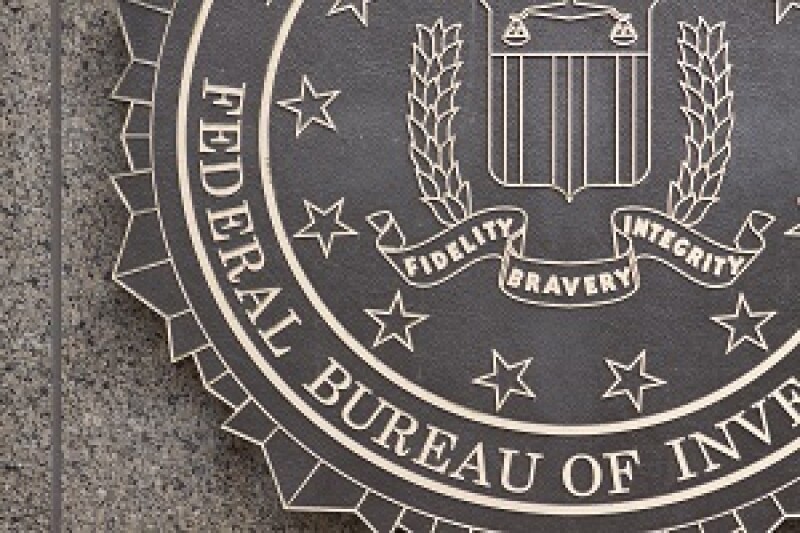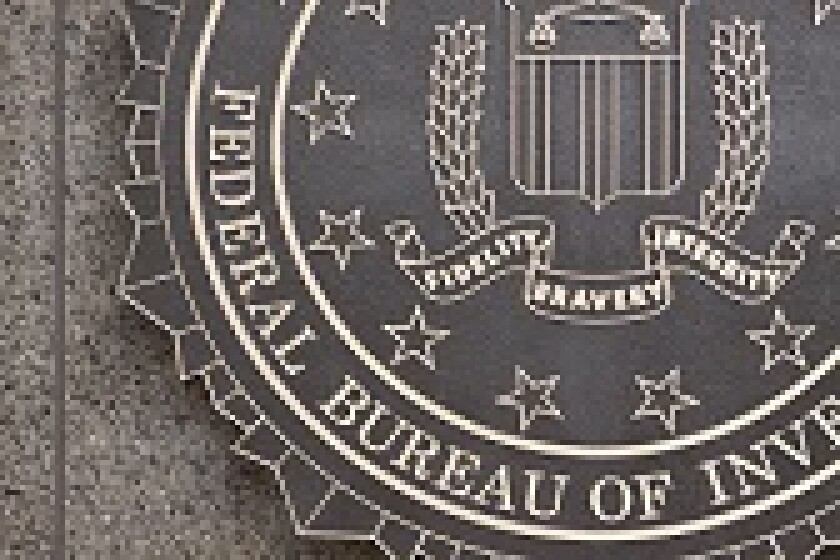
Representatives from the FBI and Interpol discussed their efforts around anti-counterfeiting at INTA’s Annual Meeting in Boston at the end of May.
Liam Gimon, criminal intelligence officer at Interpol in Singapore, said that the biggest barrier to effective anti-counterfeiting is data protection. From laws like the General Data Protection Regulation in Europe to Interpol’s own data privacy policies, sharing industry information with police is tough, Gimon said.
Yet communication and data sharing is necessary for effectiveness. “A lot of times the country of origin has no idea counterfeit products are being made there until we tell them, so communication is vital,” Gimon explained.
Interference and corruption
Cross-border communication and cooperation results in more detailed and successful investigations, but data sharing is currently inhibited on both a cultural and legal level. Interpol is in the process of revamping its data sharing policies to become more open.
There can be political interference as well. For example, China supports capital punishment for counterfeiting in the pharmaceutical space. In response, UK authorities resolved not to share data with China.
Perhaps the most important issue for anti-counterfeiting is simply a lack of awareness. Gimon explained: “Industry is motivated, but governments don’t give it a lot of attention, and between countries, there’s a lot of corruption in this space.”
Interpol’s strategy takes a three-pronged approach:
- awareness, specifically with judges and police officers, emphasising that counterfeiting is a crime;
- capacity, implementing the latest technology;
- and operations, which includes “the fun stuff, like kicking down doors,” Gimon said.
The international organisation runs various global programmes to fight counterfeits, including Operations Opson and Pangea, which monitor counterfeit foods and pharmaceuticals, respectively. It also carries out regional initiatives, such as Operation Rainfall, which aims to protect medical devices in Southeast Asia, and Operation Hawk, about to be launched for the luxury goods industry.
Barriers to entry
Steven Shapiro, IP unit chief at the FBI, said that his overall strategy is “to create so many barriers to entry that it’s not worth it to counterfeit”. Like Gimon, Shapiro emphasised the importance of education, as it could be the key to behaviour change in the market.
“Some consumers are just going to buy counterfeits,” Shapiro said. “Others have no idea that what they’re buying is counterfeit, and would change their habits if they did. We’ve got to change the value proposition, and emphasise that it's something that could be harmful to you as a consumer.”
Thankfully, brands play an important role. “Unlike most other forms of crime,” explained Shapiro, “IP cases are different because industry is involved, and it helps us get to an indictment point a lot faster.”
He encouraged brands to approach him with questions, and recommended that they “collaborate early and often with law enforcement” when it comes to anti-counterfeiting efforts.










